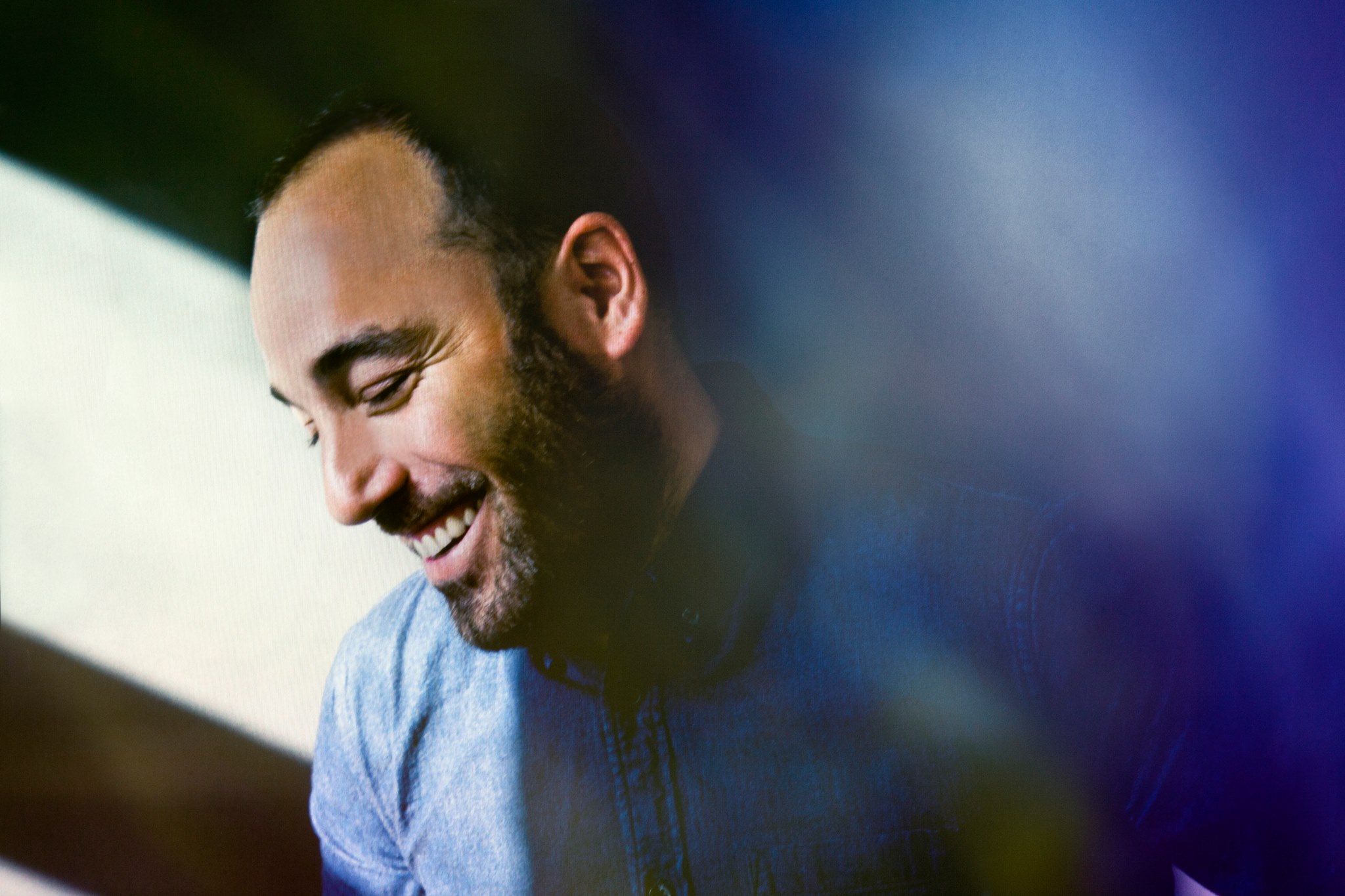During a summer vacation in Greece, Jesse Rose made the magnanimous decision to retire from one of the most successful and lucrative careers. After a pensive moment, cut-off from the outside world, the UK DJ decided to leave a career as a sought after international touring DJ with one last world tour, and for completely admirable reasons. “I see retiring as a positive thing that lets younger people come through,” he tells the New Miami Times in an interview from earlier this year. “I wouldn’t want to sort of stay around a lot longer until I was 60 and (be moaning) about kids.” For any DJ to retire takes an incredible will power, because as a DJ it’s quite easy to stay around until you’re 60 and still remain relevant as a selector of recorded music. There’s no need to retire if people keep releasing new music. It means retiring DJs are a rare oddity, which makes it so significant that Jesse Rose is leaving the DJ Booth, and especially considering the length and breadth of this House music DJ and producer’s extensive career.
At the tender age for 14 when most of us were still trying to form some musical identity, Jesse Rose had already cemented his and began regularly DJing in Bristol. According to a recent Ransom Note interview, it was listening to Giles Peterson at the age of eight that got the young Jesse Rose into electronic music, and through pirate stations this love matured. Encouraged and supported by his father and with a lot of access to this music, Rose’s trajectory to a career in music had been a smooth and rapid one, seeing the DJ quickly go from playing as a teenager in Bristol to moving on to London where he would cement a career as a House DJ and producer.
As House fell out of favour in the early to mid 2000’s with the sound of Tech House and Minimal Techno infiltrating and dominating dance floors all over Europe, Jesse Rose was determined in his resolve, and continued to pursue House at it’s most fundamental roots, through jacking beats and collage-like samples that would bring him to the world’s attention, through his productions and his DJ sets. He soon found residencies at some of the world’s elite clubs like Fabric and Panorama Bar with his Made to Play residencies a favourite outlet for no-nonsense House. From London to Berlin to LA, Jesse Rose dominated the the House scene through this period, bringing the unadulterated sound of the genre to new audiences and providing a platform for emerging artists like Riva Starr through his labels “Made to Play” and “Play it Down”.
With 300 odd remixes and over 100 original releases to his own name over his extensive career, Jesse Rose has been a prolific purveyor of House music with very specific intentions in mind. “It wasn’t about making the biggest records” he explains to Scion AV in a 2009 interview. For Jesse Rose the labels and the music was always about “cutting edge House music” from the recording to the DJ set, setting him apart from many of his peers. Although he might have been booked as a peak time DJ, Jesse Rose always had an eye on the proceeding of how a night unfolded taking everything into account from the warm-up set to the record that would end the night. “There’s a formula” he explains to Scion AV and it starts with the “first four hours of a set” – “that’s the lead up to the rest of the night gonna be.”
It was always about setting the tone of a night for Jesse Rose, something that he took from his experiences at his residencies to the way he put his records together, starting deep, building it up and going deep again. A true professional in any terms, he has been at the forefront of House music all these years and even though he is still what many determined to be at the height of his career he’s making the magnanimous decision to step aside for a newer generation. “I didn’t get into this industry to be like the most famous DJ in the world or the biggest producer and earn the most money, or anything like that”, he explains to the New Miami Times. “I really just had a dream to be able to make records that the people I looked up to for their records would enjoy, and to be able to play the clubs around the world that would love the music I love. And I realized that I kind of passed that point years ago.”

